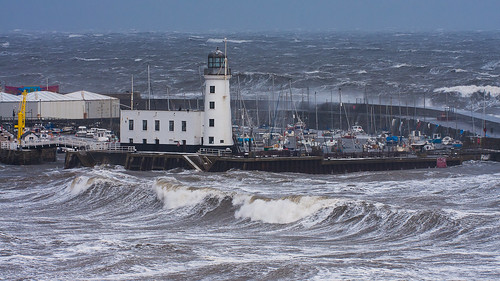With so many of our social media tools controlled by multi-billionaires and thriving on our personal data, it's no surprise to find that more and more people are opting out. In the wake of Elon Musk's takeover of Twitter there has been a significant rise in subscriptions to Mastodon, the non-profit open source alternative. This week, the European Union's European Data Protection Supervisor announced the pilot testing of two new platforms, EU Voice and EU Video, that are open source and meet the data privacy conditions set down by GDPR (General Data Protection Regulation) and the Schrems II ruling (EDPS launches pilot phase of two social media platforms). They are based on existing non-commercial social platforms, PeerTube and Mastodon, and are now being pilot tested by a number of EU agencies. Wojciech Wiewiórowski, EDPS, makes the case for this initiative:
With the pilot launch of EU Voice and EU Video, we aim to offer alternative social media platforms that prioritise individuals and their rights to privacy and data protection. In concrete terms this means, for example, that EU Voice and EU Video do not rely on transfers of personal data to countries outside the European Union and the European Economic Area; there are no advertisements on the platforms; and there is no profiling of individuals that may use the platforms. These measures, amongst others, give individuals the choice on and control over how their personal data is used.
I hope this initiative succeeds. I love social media but find the present set-up increasingly distasteful and long for the opportunity to enjoy the benefits of networking without commercial exploitation.
In addition there is now a growing number of open source social platforms that are interconnected under the banner of Fediverse. This means that if you belong to one platform you can interact with members of other platforms seamlessly even if you are not a member of the other platforms. Similar to using e-mail or good old telephony; you can contact anyone thanks to common standards. The video below explains the concept quite nicely.
Here's a film about PeerTube, offering a safe alternative to YouTube and Vimeo for posting video material.

No comments:
Post a Comment
Note: Only a member of this blog may post a comment.